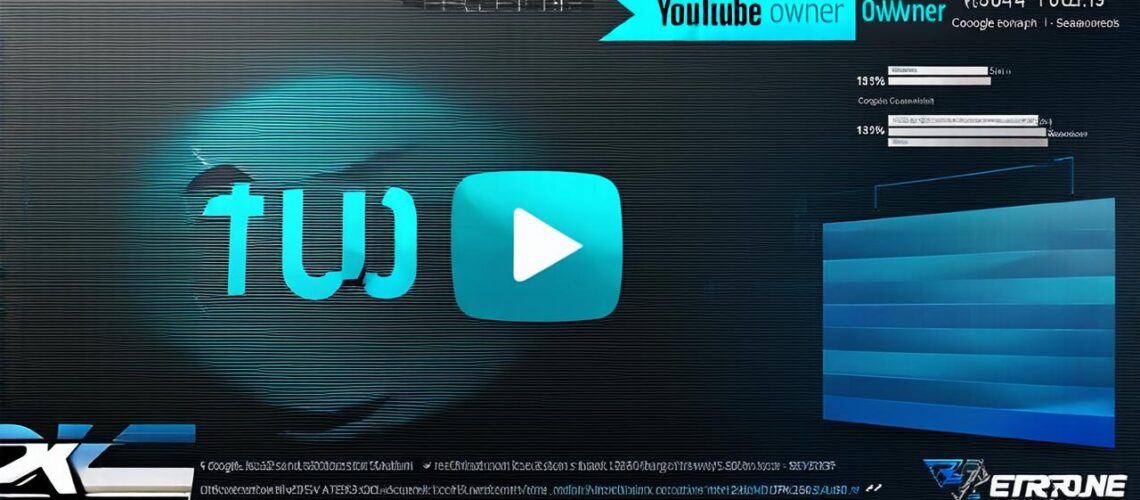Which company is the owner of YouTube?

The History of YouTube
YouTube was founded by Jawed Karim, Steve Chen, and Jabaal Ahmad in February 2005. The three friends met while studying at Stanford University and wanted to create a platform that would allow people to share their videos with the world. They initially called the platform “Jawed,” but it wasn’t until October 29, 2006, that they decided to rebrand as YouTube.
YouTube quickly gained popularity among its users, and in November 2006, the company was acquired by Google for $1.9 billion. This acquisition made YouTube a subsidiary of Google, and it has remained under Google’s ownership ever since.
Google’s Acquisition of YouTube
The decision to acquire YouTube was a strategic move on Google’s part. At the time, Google was dominating the search engine market, but it was facing competition in the online video space from other platforms like MySpace and Facebook. Google saw YouTube as a way to expand its reach and diversify its revenue streams.
Google also saw YouTube as a way to tap into the growing trend of user-generated content. The platform allowed people to create, upload, and share their videos with a global audience, which made it an attractive target for advertisers. Google recognized that by owning YouTube, it could leverage this valuable content to drive traffic to its own advertising platforms.
Is Google Planning to Sell YouTube?
Despite its acquisition by Google, there have been rumors in recent years that the company is considering selling YouTube as part of a broader divestment of non-core assets. In 2018, Google’s parent company Alphabet announced plans to restructure its business units, which led to speculation that YouTube could be sold off or spun out as a separate entity.
However, these rumors have been largely unfounded, and Google has since denied any plans to sell YouTube. In fact, the company has continued to invest in the platform, introducing new features and services designed to make it even more appealing to users and advertisers.
Case Studies: Success Stories on YouTube
One of the reasons that YouTube has become such a popular platform is because of the success stories of its users. From individual creators to large brands, YouTube has provided a platform for people to showcase their talents and connect with audiences around the world.

For example, Dude Perfect, a group of five friends who create viral sports-themed videos, have amassed over 58 million subscribers on YouTube. Their videos have been viewed billions of times, making them one of the most successful channels on the platform.
Another example is the makeup guru Tavi Gevinson, who has over 2.9 million subscribers on YouTube. Her videos on beauty and fashion topics have earned her a massive following, which has led to numerous collaborations with brands and even her own clothing line.
Ownership vs. Partnership: What’s the Difference?
It’s important to understand the difference between ownership and partnership when it comes to YouTube. While Google owns YouTube, this doesn’t mean that the platform is solely controlled by the company. YouTube has its own team of executives and employees who are responsible for managing the day-to-day operations of the platform.
In addition, YouTube also partners with a number of other companies to provide additional services and features to its users.